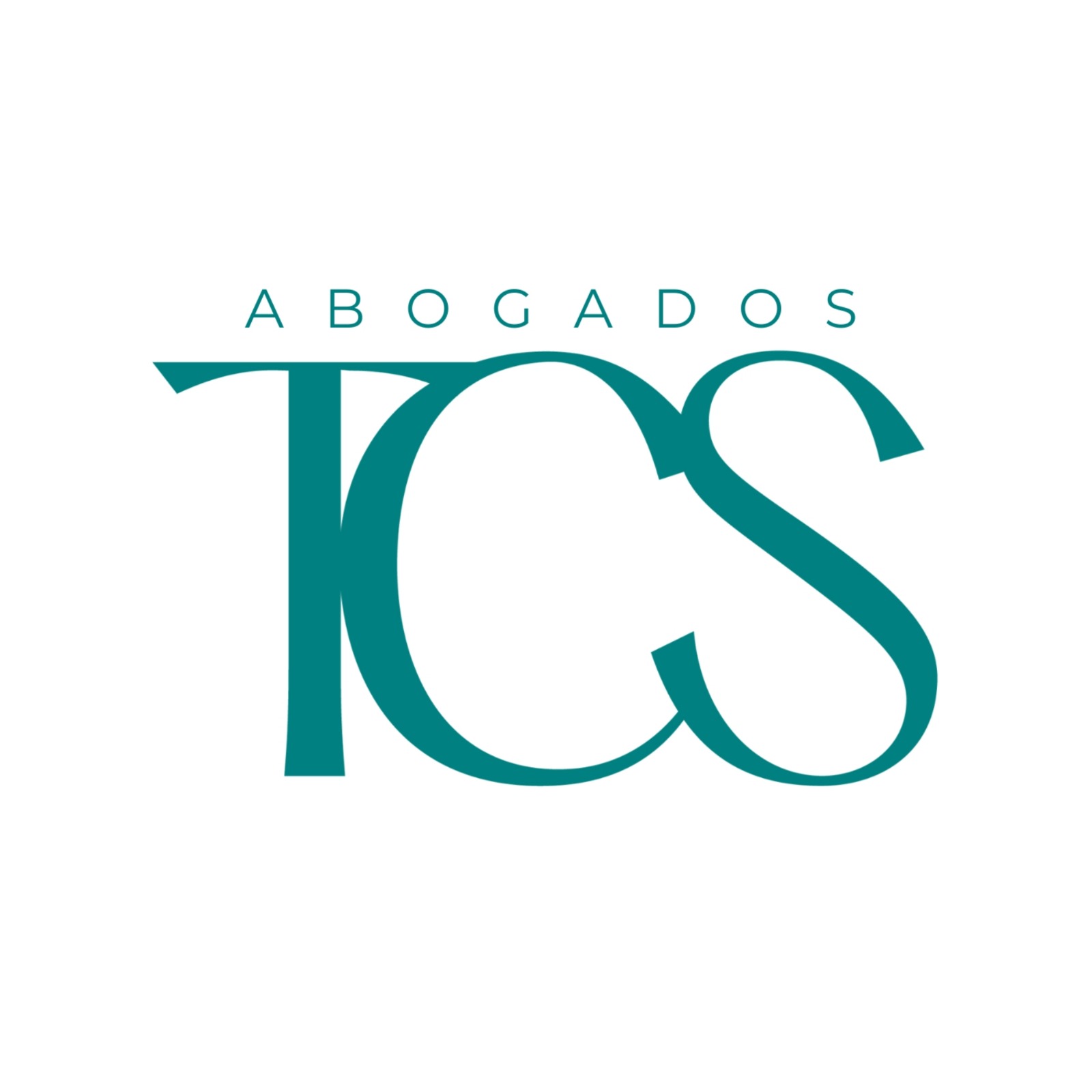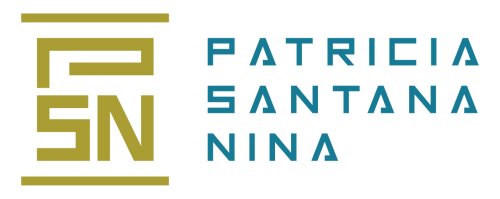Best Juvenile Law Lawyers in Dominican Republic
Share your needs with us, get contacted by law firms.
Free. Takes 2 min.
Or refine your search by selecting a city:
List of the best lawyers in Dominican Republic
About Juvenile Law in the Dominican Republic
Juvenile Law in the Dominican Republic is primarily governed by the Code for the Protection and Basic Rights of Children and Adolescents (Law 136-03), which was enacted to ensure the protection, care, and proper treatment of minors. This legal framework emphasizes rehabilitation over punishment and seeks to integrate children and adolescents who have committed offenses back into society as productive and law-abiding citizens. The Juvenile Justice System is designed to address the unique needs and circumstances of minors, aiming to safeguard their rights and promote their well-being.
Why You May Need a Lawyer
Individuals may require legal assistance in the field of Juvenile Law in various situations. Common scenarios include:
- When a minor is accused of a crime and faces the juvenile justice process.
- In cases of child custody disputes where the interests of the child need legal protection.
- Matters involving child abuse or neglect, where intervention by legal authorities is necessary.
- For guidance in adoption proceedings to ensure compliance with all legal requirements.
- When a minor's rights are believed to be infringed upon in educational or institutional settings.
Local Laws Overview
The Dominican Republic's Juvenile Law focuses on the protection and support of minors. Some key aspects include:
- Minors under the age of 18 are given special legal considerations, with the legal framework designed to rehabilitate rather than punish.
- Law 136-03 sets forth the rights of children to education, health, and family care, emphasizing their best interests in legal proceedings.
- Juvenile courts are responsible for handling cases involving minors, employing judges and staff specially trained in dealing with young people.
- The law prohibits any form of physical or psychological abuse, and the state is committed to ensuring environments that promote the development of minors.
Frequently Asked Questions
What age is considered a juvenile in the Dominican Republic?
A juvenile is typically considered to be anyone under the age of 18.
Are criminal records for juveniles permanent in the Dominican Republic?
No, juvenile records are typically sealed to protect the individual's future and provide them with the opportunity for rehabilitation.
Can minors be tried as adults for serious crimes?
In exceptional cases involving extremely serious offenses, juveniles may be subject to different legal proceedings. However, this is rare, and the focus remains on rehabilitation.
What are the most common offenses handled by juvenile courts?
Common offenses include theft, vandalism, and minor drug-related crimes.
What is the role of a legal representative in juvenile cases?
Legal representatives ensure that the rights of the minor are protected and that they receive a fair trial, representing their best interests throughout legal proceedings.
Are parents involved in the juvenile court process?
Yes, parents or guardians are typically involved in the process and are expected to participate in rehabilitation efforts.
What kind of penalties can juveniles face?
Penalties can vary but often include community service, educational programs, or rehabilitation rather than incarceration.
How does the Dominican Republic address child abuse cases?
The country has specific laws protecting minors from abuse, and such cases are handled with seriousness, involving intervention from child protection services and the legal system.
Is legal aid available for juveniles who cannot afford a lawyer?
Yes, legal aid services are available to minors who cannot afford representation to ensure a fair legal process.
How can a victim of bullying in school seek legal help?
Victims can report the issue to school authorities or seek assistance from child protection services, who will then involve the legal system if necessary.
Additional Resources
Those seeking help can reach out to the following resources:
- Procuraduría General de la República - Provides legal assistance and protection for minors.
- Fundación Niños con una Esperanza - Offers support and advocacy for children's rights.
- Centro de Orientación e Investigación Integral (COIN) - Focuses on social and legal support for youth.
Next Steps
If you need legal assistance in Juvenile Law, consider the following steps:
- Consult with a lawyer who specializes in juvenile law to understand your rights and options.
- Contact local legal aid organizations if you require financial assistance for legal representation.
- Gather all relevant documentation related to the issue at hand to facilitate the legal process.
- Stay informed about your rights and responsibilities under Dominican law to ensure you are properly prepared.
Lawzana helps you find the best lawyers and law firms in Dominican Republic through a curated and pre-screened list of qualified legal professionals. Our platform offers rankings and detailed profiles of attorneys and law firms, allowing you to compare based on practice areas, including Juvenile Law, experience, and client feedback.
Each profile includes a description of the firm's areas of practice, client reviews, team members and partners, year of establishment, spoken languages, office locations, contact information, social media presence, and any published articles or resources. Most firms on our platform speak English and are experienced in both local and international legal matters.
Get a quote from top-rated law firms in Dominican Republic — quickly, securely, and without unnecessary hassle.
Disclaimer:
The information provided on this page is for general informational purposes only and does not constitute legal advice. While we strive to ensure the accuracy and relevance of the content, legal information may change over time, and interpretations of the law can vary. You should always consult with a qualified legal professional for advice specific to your situation.
We disclaim all liability for actions taken or not taken based on the content of this page. If you believe any information is incorrect or outdated, please contact us, and we will review and update it where appropriate.
Browse juvenile law law firms by city in Dominican Republic
Refine your search by selecting a city.















